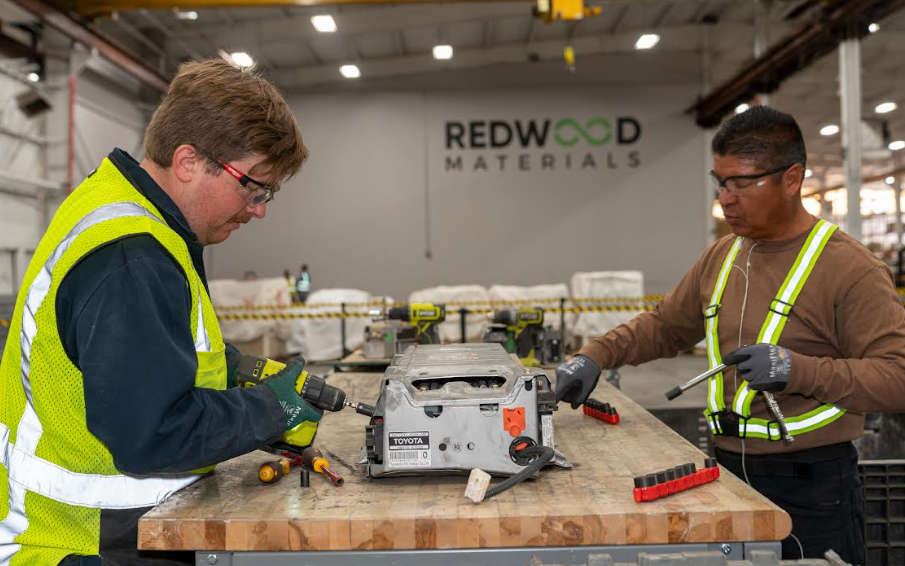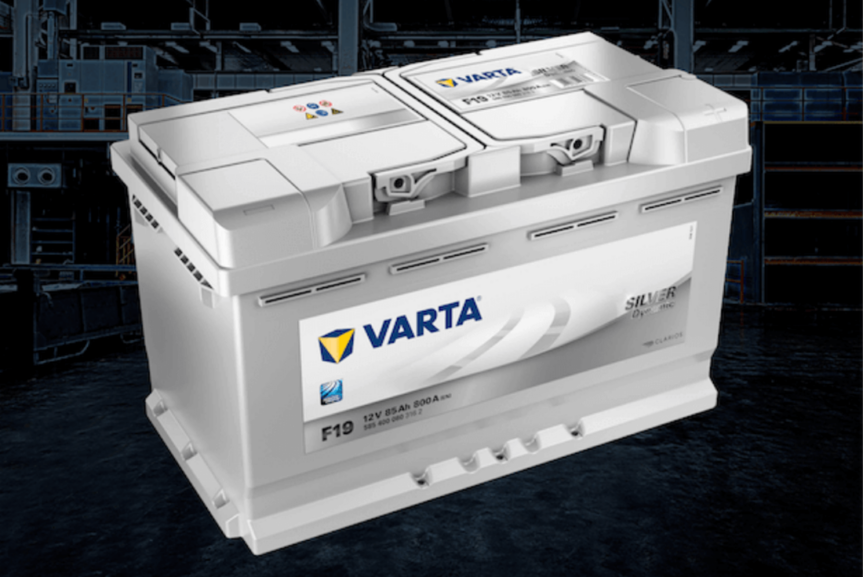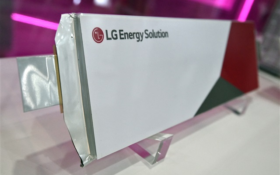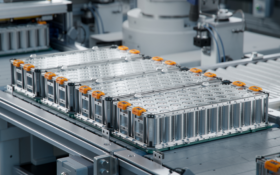Battery recycler Redwood is partnering with Volkswagen Group of America to recycle all end-of-life lithium-ion batteries from Volkswagen and Audi electric vehicles.
Redwood will work with more than 1,000 VW Group dealers to collect end-of-life EV battery packs that will be recycled at the firm’s northern Nevada facilities.
The company says it will recover more than 95% of the battery metals like nickel, cobalt, lithium and copper for reuse in anode and cathode components for US battery cell manufacturers.
Volkswagen Group of America is aiming for 55% of its US sales to be fully electric by 2030.
Vehicle OEM battery recycling deals
In June, Redwood struck a similar deal with vehicle OEM Toyota Motor North America to create a closed-loop battery “ecosystem” across the latter’s electrified vehicles portfolio.
Initially Redwood will focus on testing and recycling Toyota batteries, before expanding into other areas including battery health screening and data management, remanufacturing, and battery material supply.
Work will be focused at Redwood’s ~175-acre Northern Nevada Battery Materials Campus.
As Redwood plans for additional operations, it will be located in the region near Toyota’s North American battery plant and many of its other partners on the East Coast.
The firm says it receives around 6GWh of end-of-life batteries annually for recycling, and is planning to ramp production of anode and cathode components in the US to 100GWh annually by 2025 and scaling to 500GWh by 2030.
Together, the firms will incorporate battery recycling through domestic battery materials manufacturing into Toyota’s battery production strategy.
In February, Redwood launched an electric vehicle battery recycling program, beginning in California, to establish a recovery pathway for end-of-life hybrid and electric vehicle battery packs.
Ford Motor Company and Volvo Cars were the first automakers to directly support the program.
Redwood and Ford began working together last September to incorporate battery recycling into the vehicle maker’s battery production strategy, ultimately securing a battery material supply that Ford will need to ramp up their electric vehicle production.












